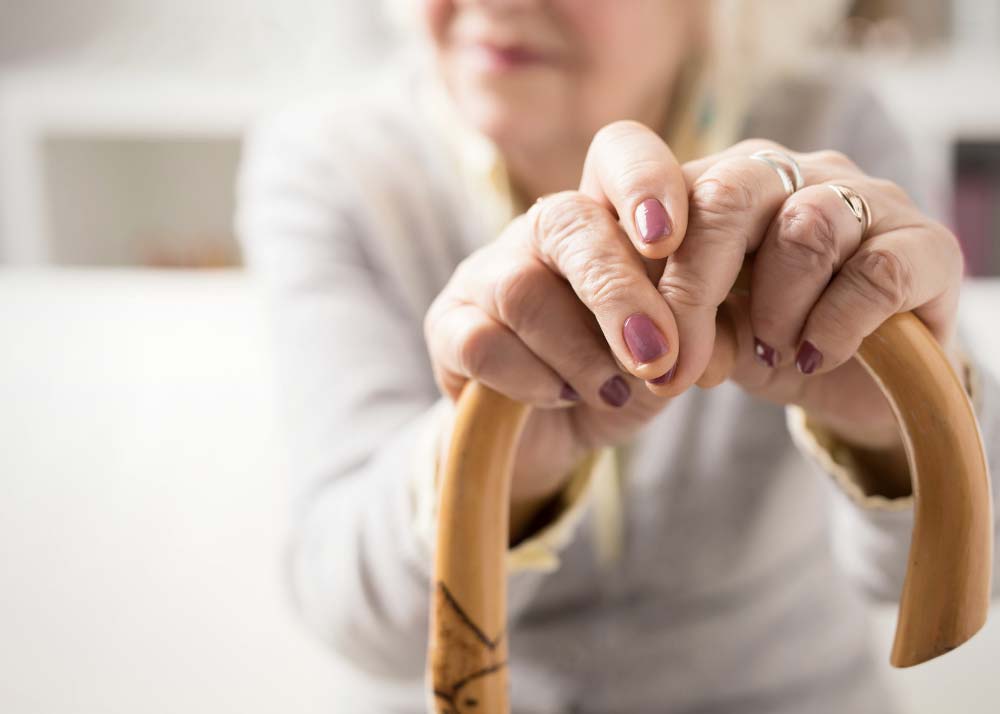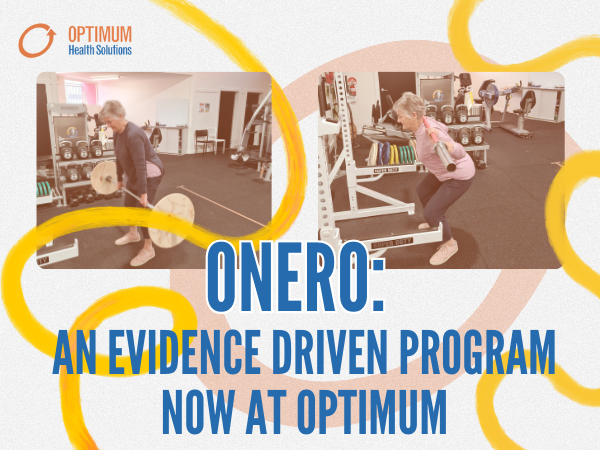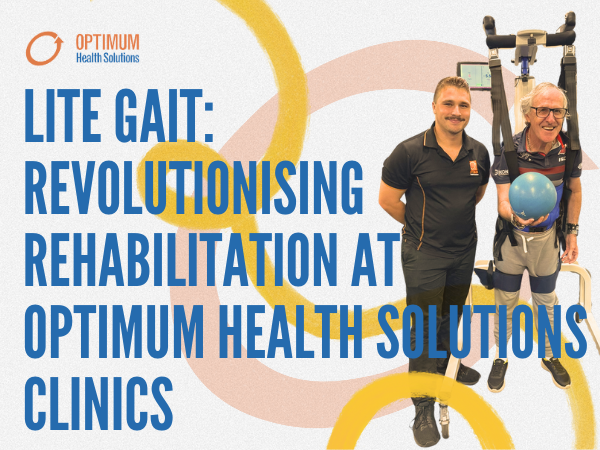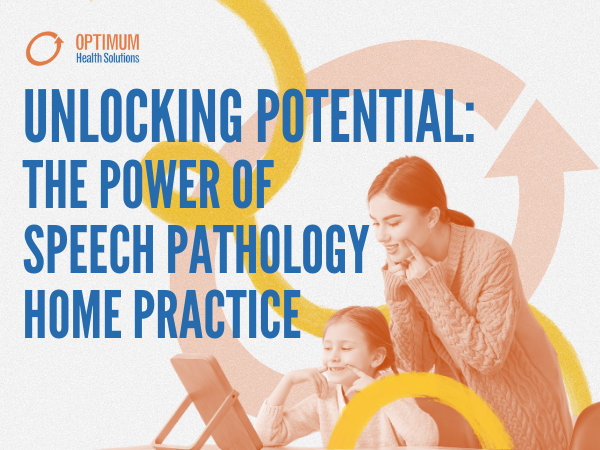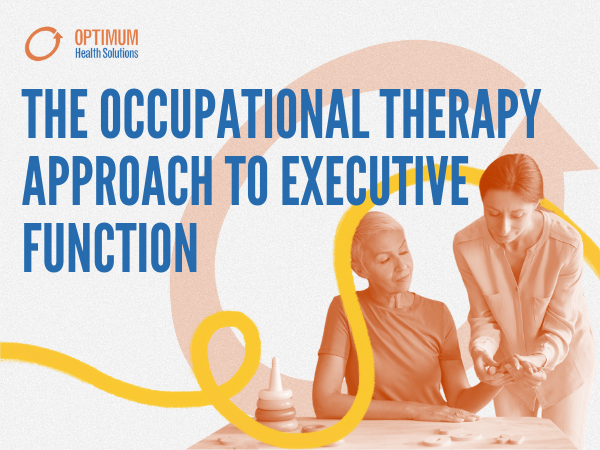Did you know, not being able to hold your balance on one foot for longer than 5 seconds greatly increases your risk of falls. There are many senses and processes that begin to decrease as people begin to age. One very notable loss as we age is our ability to balance and control where we are in space. Balance is an essential part of our day to day lives and plays an important role in allowing us to live life to the fullest and with confidence.
When working with people who are being affected by the symptoms of aging I am constantly amazed how so many people believe that balance was something that you just ‘lose as you age’. This is in fact incorrect. Your balance is like a muscle-building strength, or your cardiovascular system building endurance, if you train it the better it will get.
These are many different things that individually or all together affect our balance.
Proprioception decreases
Proprioception is the body’s ability to recognise where it is in space. The proprioceptors primarily responsible for balance are located in our muscles and joints of the lower limb as well as within the inner ear. Proprioceptors in the ear are known as the vestibular system. The cells within the vestibular system die off which affects how accurately we detect our position in space and therefore making it harder for us to balance. An example of this is if we tilt our head to the left the vestibular system does not adequately detect this quick change making it harder for our brain to prevent falling to the left.
Power decreases
With muscle power decreasing so does the ability to move our limbs quickly through space. With the decrease in power and speed, many people are unable to move their leg quick enough to correct their standing position. It also makes it harder to move their hand to grab onto something when their balance is disturbed causing them to fall and putting them at high risk of injury. Power affects the ability to move swiftly enough to prevent the fall or to help slow the pace of the decline
Sight decreases
As we age our sight decreases. Depth perception, night vision and sensitivity to contrast are all affected. The loss of these visual processes affects balance as we may not be able to adjust the changes in the environment quickly and adequately as well as not being able to see what is in front of you.
With the loss of balance as we age many people ask what can be done to help prevent this. Exercise can help rebuild strength and power boosting our reaction time to prevent a fall. Exercise can also be used to improve our balance, the more we challenge our body the more our balance will improve. Challenging balance can be achieved through different ways. Changing the environment to make it harder through external disruptions, using an unstable surface or simply changing the base of support to make it harder to balance.
If yourself or anyone you know is finding it hard to balance or are beginning the notice their balance decreasing as they age come in and make an appointment to see an exercise physiologist for an individualised exercise program suited to your current balance and fitness levels.

